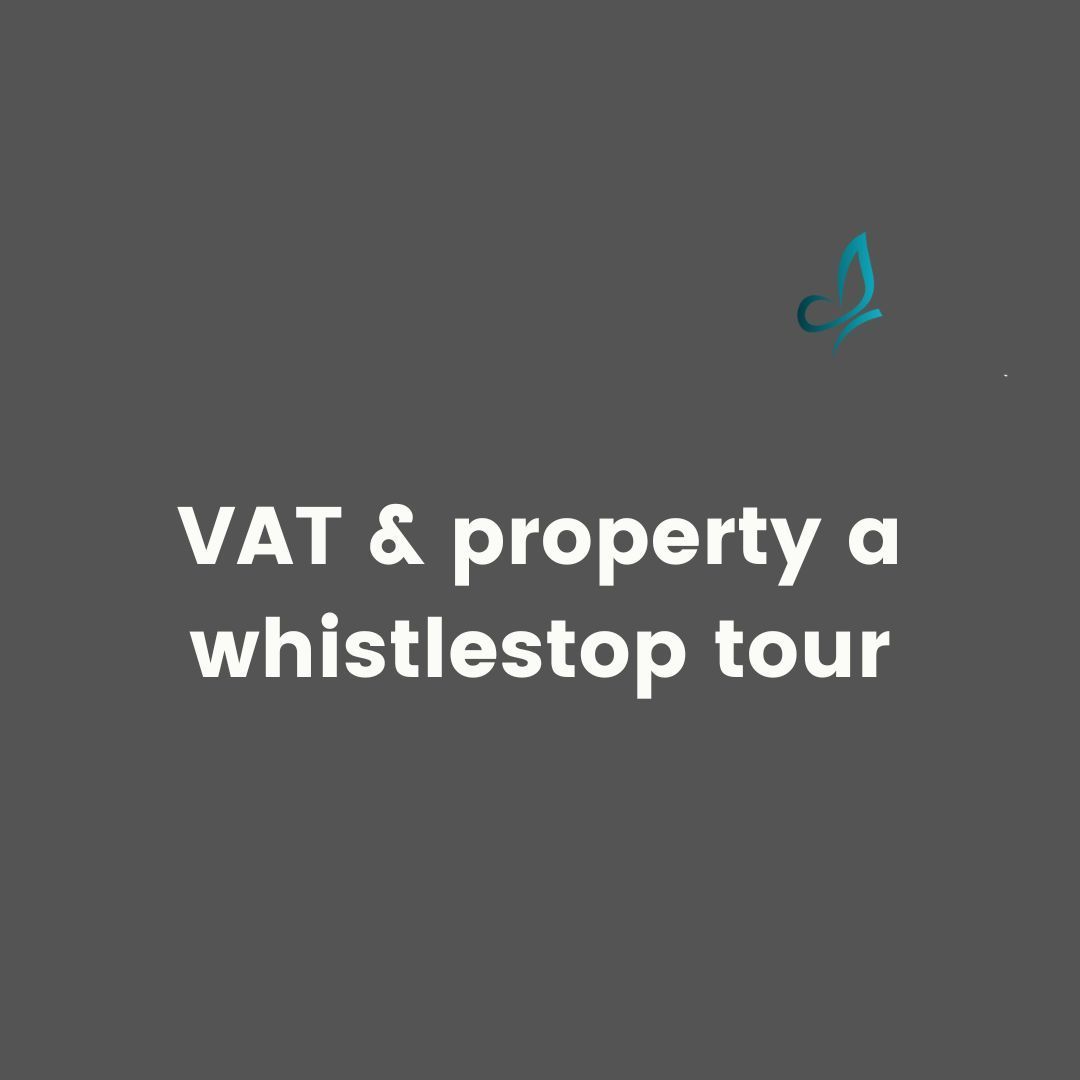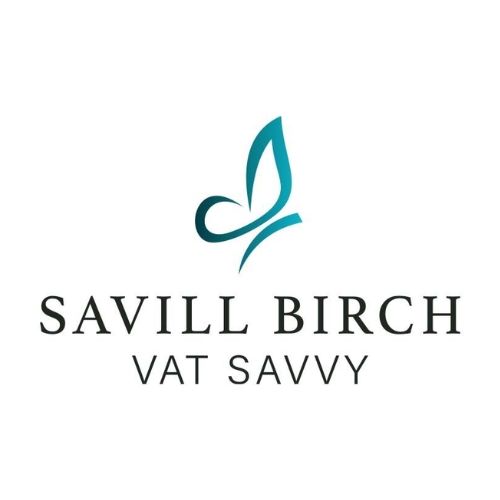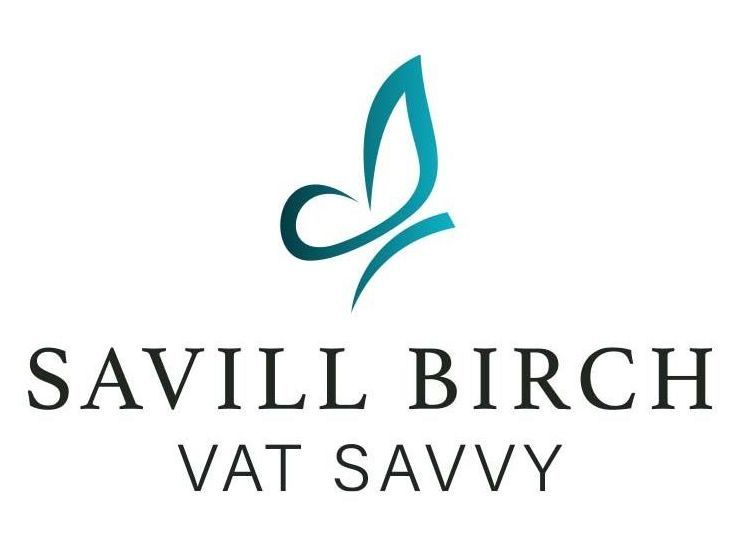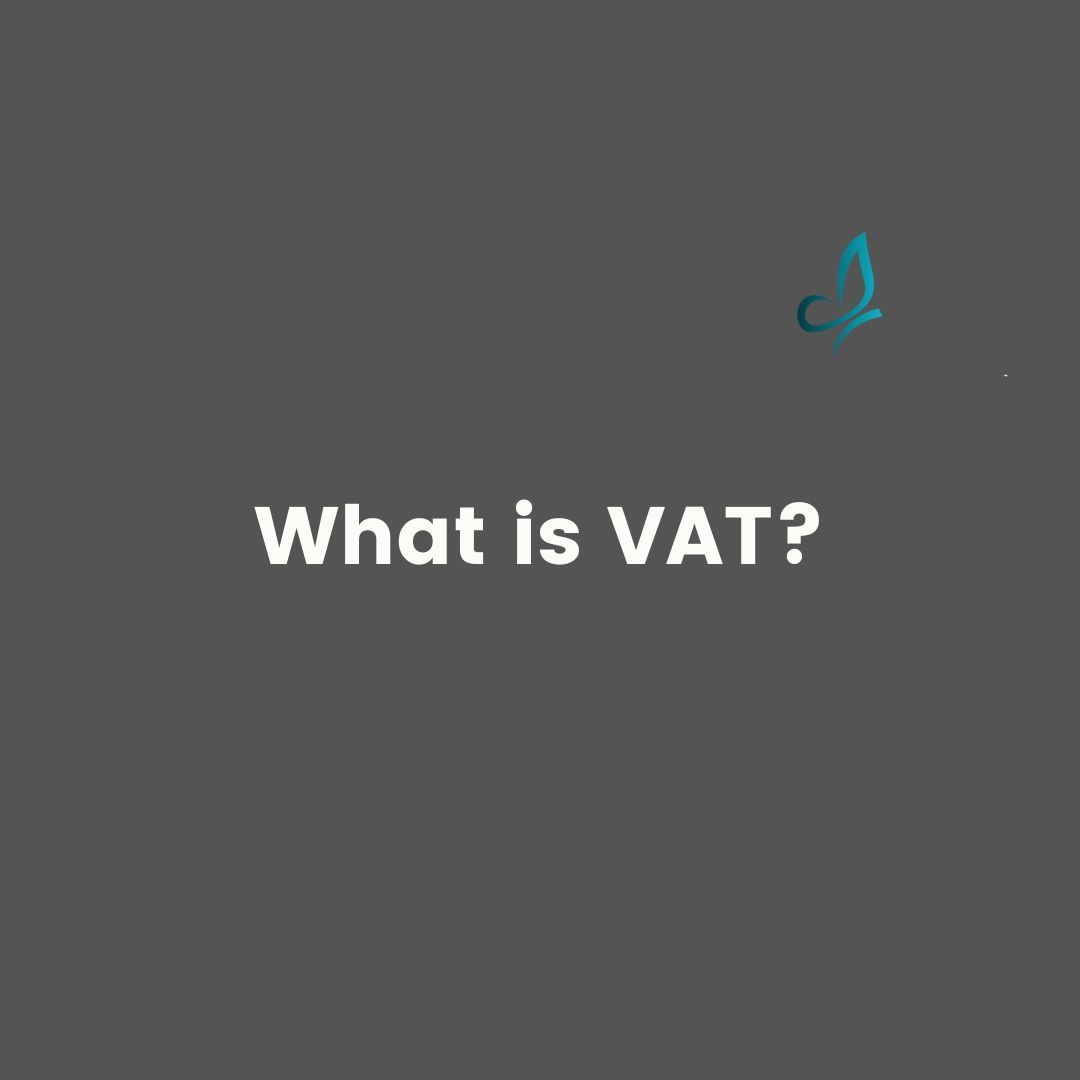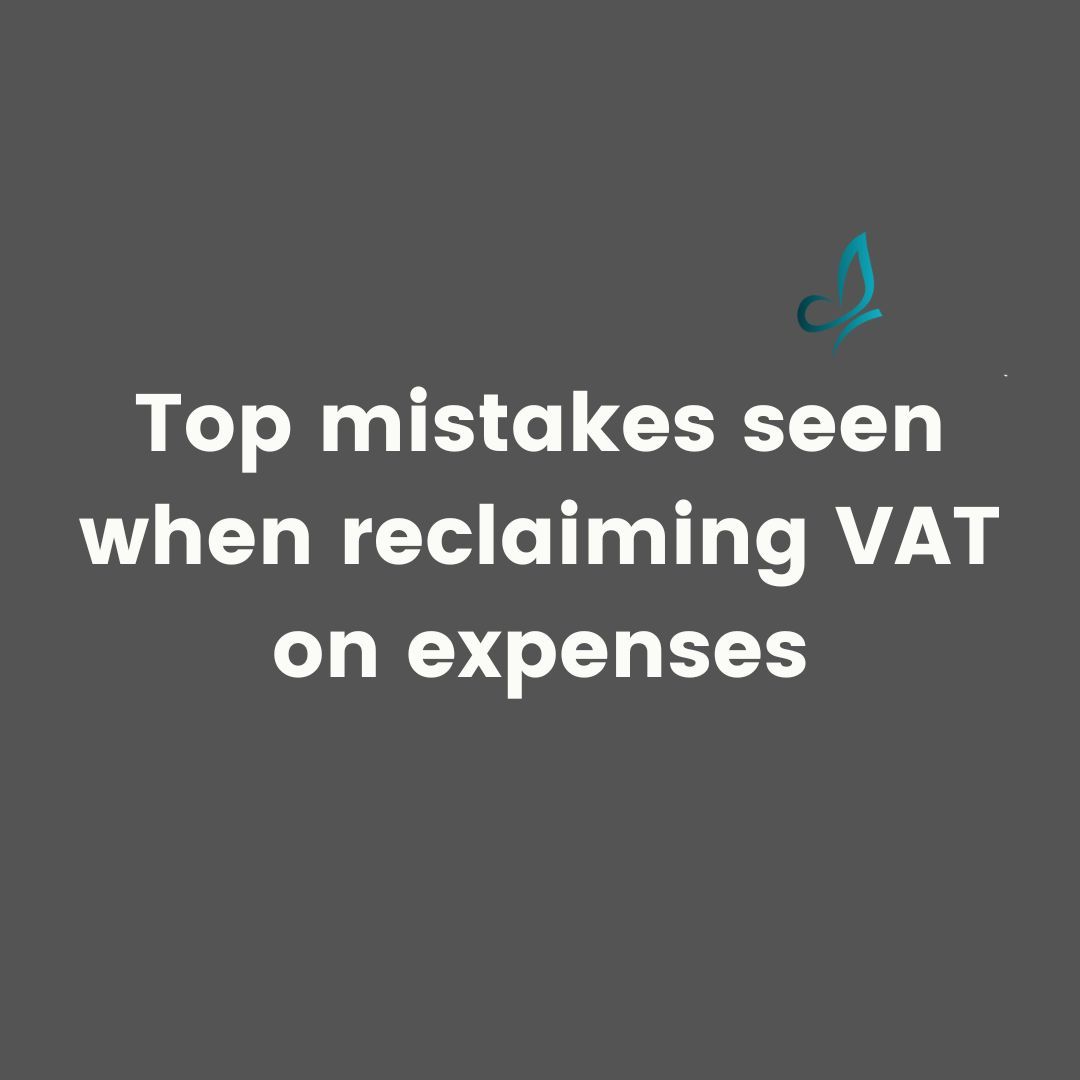VAT treatment of supplies of services outside the UK
To determine the VAT treatment of services, we need to understand what is being provided and the location and status of the buyer and seller.
Sales to business
The default position for the UK, EU and most countries that operate a VAT or GST is that VAT/GST is chargeable when the supplier and customer are in the same country. If they are in different countries, VAT/GST is typically not charged as this is considered an export of services. The business customer is normally responsible for the VAT in their country using the reverse charge procedure (this is when the customer charges themselves VAT and also reclaims it subject to their VAT recovery position). The exception to this is admission charges and some other location-based services so it is not guaranteed that no VAT is due between businesses in different countries.
Example:
UK Co has been asked to provide marketing services to a French business as they want to target UK customers. UK Co does not need to charge VAT to its French customer as it is a business. UK Co needs to retain evidence that their customer is in business. This can be their VAT number or business information.
Sales to consumers
The default position for most VAT/GST operating countries is that VAT is chargeable on sales to consumers regardless of their location. There are exceptions of course:
· Digital services – a digital service is a service that is delivered with little or no human intervention (e.g. pre-recorded webinar, e-book or other automated service). It typically does not cover services provided digitally with human intervention (e.g. bespoke design services provided by a digital file, live training sessions), although the EU is introducing new rules from January 2025 that capture virtual events within digital services. Where a service is considered digitally supplied, it is subject to VAT/GST in the customer’s location for certain countries and a VAT/GST registration may be required.
- In the EU these are reported via the OSS return. EU and non-EU sellers will be required to register.
- In the UK these are reported in the UK VAT return. Again, UK and non-UK sellers will be required to register.
- In other countries (for example, Norway, New Zealand, Australia, Singapore, Switzerland), the value of digital services will need to be considered to determine whether VAT registration is required. Many other countries also operate digital services rules.
- Intellectual services – some countries, e.g. the UK and EU allow intellectual services to consumers outside the UK/EU to not be subject to VAT (advertising, design services, consultancy).
Example:
UK Co has been so successful with the eCommerce sales they have decided to offer training to help those that want to launch a business. They initially offer these live but demand is so great they have pre-recorded the training so people can download the course. As the attendees have not yet started trading, they cannot provide VAT numbers to UK Co and are treated as consumers. The initial live courses are subject to VAT to UK customers but not (currently) subject to VAT to consumers located outside of the UK. However, from January 2025 live training to EU consumers will need to be reported on the OSS. The pre-recorded training will fall within the definition of digital services. UK Co will need to report sales to EU consumers on the OSS and monitor their sales values around the world to see if they are required to register anywhere else.
